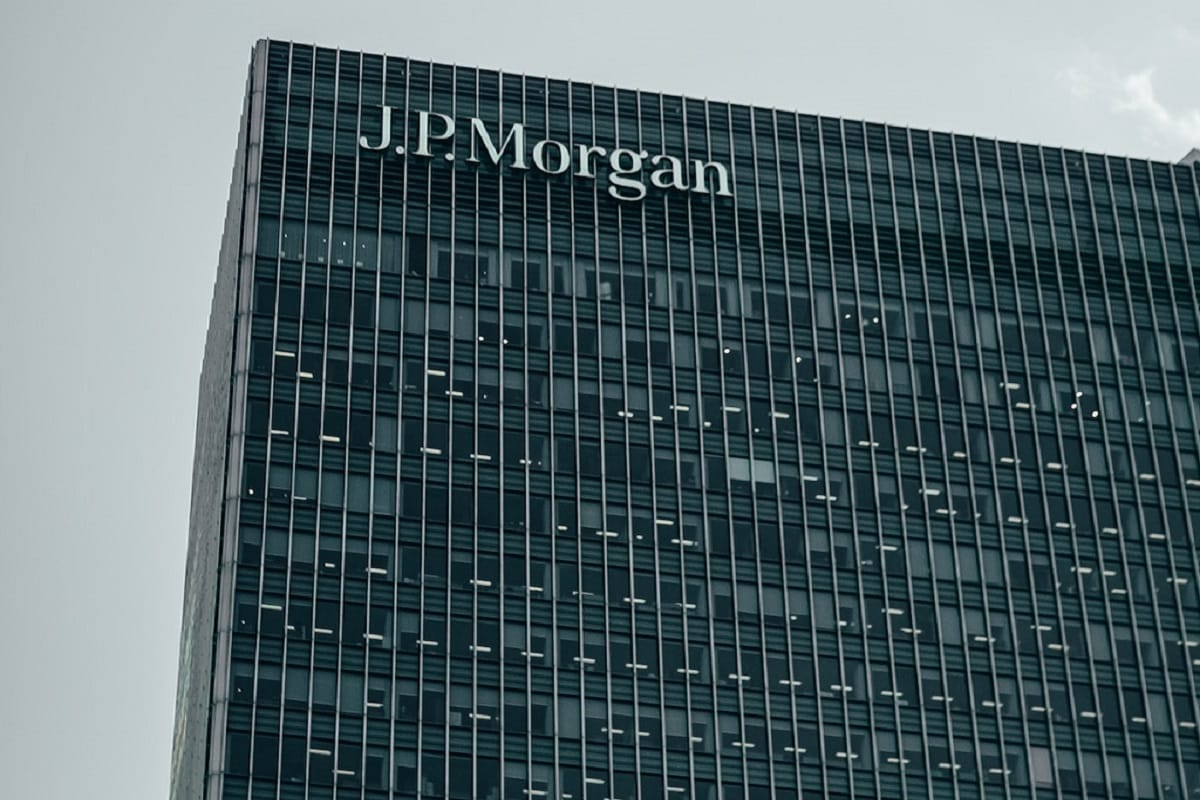JPMorgan Chase on Friday, October 13, published a report on the results of operations in the third quarter of this year, which exceeded analysts’ expectations for profit and revenue.

The financial institution, which is one of the leaders of the American banking sector in terms of assets and one of the main investment lenders in the world, received more interest income than expected in the period from July to September. At the same time, the cost of the loan was fixed at a level that was lower than the predicted level.
The profit of one of the largest financial institutions in the United States in the third quarter increased by 35% compared to a mark a year ago. In monetary terms, this figure is $13.15 billion, or $4.33 per share. In this case, 17 cents of losses on securities and 22 cents of legal costs should also be taken into account.
The revenue of the financial institution in the third quarter showed an increase of 21% year-on-year. In monetary terms, this indicator is equal to $40.69 billion. Net interest income, which turned out to be more than expected, contributed to the result for the third quarter. This indicator for the mentioned period showed an increase of 30%, amounting to $22.9 billion and exceeding analysts’ expectations by about $600 million.
The volume of credit reserves of the banking giant was fixed at $1.38 billion. At the same time, analysts’ expectations were at $2.39 billion.
The profit of JPMorgan’s retail banking unit in the third quarter increased by 36% year-on-year, amounting to $5.9 billion. Higher net interest income and the acquisition of First Republic contributed to this result.
The profit of JPMorgan’s corporate and investment arm showed negative dynamics, expressed in a 12% drop to $3.1 billion. This occurred as a result of a decrease in the income the financial institution received from trading and activities to provide consulting services to clients.
The value of JPMorgan shares increased by 3.2% during trading on October 13. Since the beginning of this year, this indicator has grown by 8.7%, significantly outpacing the decline in the KBW banking index by 19%.
Jamie Dimon, the CEO of a financial institution, admitted that one of the largest banks in the United States earns excessively on net interest income and below normal loan costs, which, in his opinion, will normalize over time.
At the same time, the sharp increase in interest rates came as a surprise to some of the smaller competitors of this lender. The result of a kind of stressful situation was the bankruptcy of several regional financial institutions in the spring of this year. JPMorgan copes well with external challenges. During the spring bankruptcies among regional creditors, many experts said that major players in the banking sector could benefit from the current situation. To a large extent, this feature of the moment is due to the fact that consumers, against the background of the collapse of smaller financial institutions, tend to open accounts in organizations that have a long history and the status of a reliable money repository.
Jamie Dimon says that during the period of favorable conditions for American consumers and businesses, households’ cash reserves decreased. He also stated that circumstances such as the high level of public debt and tension in the labor market could cause further interest rate increases.
The head of the financial institution said that armed conflicts can provoke long-term consequences that will become a sensitive source of influence on the state of affairs in the sphere of energy and food markets. Also, according to him, the mentioned challenges of modernity can become a factor of impact on world trade and the situation in the geopolitical space. According to Jamie Dimon, the current historical moment is perhaps the most dangerous period in recent decades. He noted that the bank hopes for the best, but is preparing for various scenarios in the external environment.
JPMorgan’s quarterly report was released after a period of uncertainty for the US banking sector. The share price of local lenders declined in September after it became clear that the Federal Reserve System would implement a strategy of high-interest rates for longer than expected. The regulator continues to counteract inflation against the background of strong economic growth, which came as a surprise.
The yield on 10-year Treasury bonds, the main indicator for long-term rates, rose by 74 basis points in the third quarter. One basis point is equivalent to one-hundredth of a percentage point.
High rates have several consequences for the banking sector. Lenders in these economic realities are forced to pay for deposits due to the fact that clients transfer assets to more profitable instruments, including money market funds. Rising yields entail a drop in the value of bonds owned by financial institutions, which creates unrealized losses, which are a factor of pressure on the level of capital. Higher borrowing costs reduce the demand for mortgage and corporate loans.
JPMorgan is benefiting from interest rate changes while its smaller competitors are trying to overcome current challenges. The bank expects that by the end of 2023, its net interest income will amount to $88.5 billion. The July forecast provided expectations of this indicator at the level of $87 billion. The financial institution is improving vision of its prospects for the fourth time this year.
Eric Kuby, investment director at North Star Investment Management in Chicago, owner of a portion of JPMorgan shares, said that the results of this financial institution for the third quartal is an example of what a well-managed bank is capable of in difficult conditions.
During a conference call with analysts, Jamie Dimon and Jeremy Barnum, the bank’s chief financial officer, negatively criticized the desire of US regulators to increase the level of capital for lenders with assets of at least $100 billion. JPMorgan predicts that if this decision is implemented, its required capital will grow by 25%, which in monetary terms amounts to $50 billion. Jeremy Barnum said that such an increase is disconcerting. He noted that regulators have repeatedly stated that American lenders are already well-capitalized.
As we have reported earlier, JPMorgan Chase President Says About Risks to US Economy.









